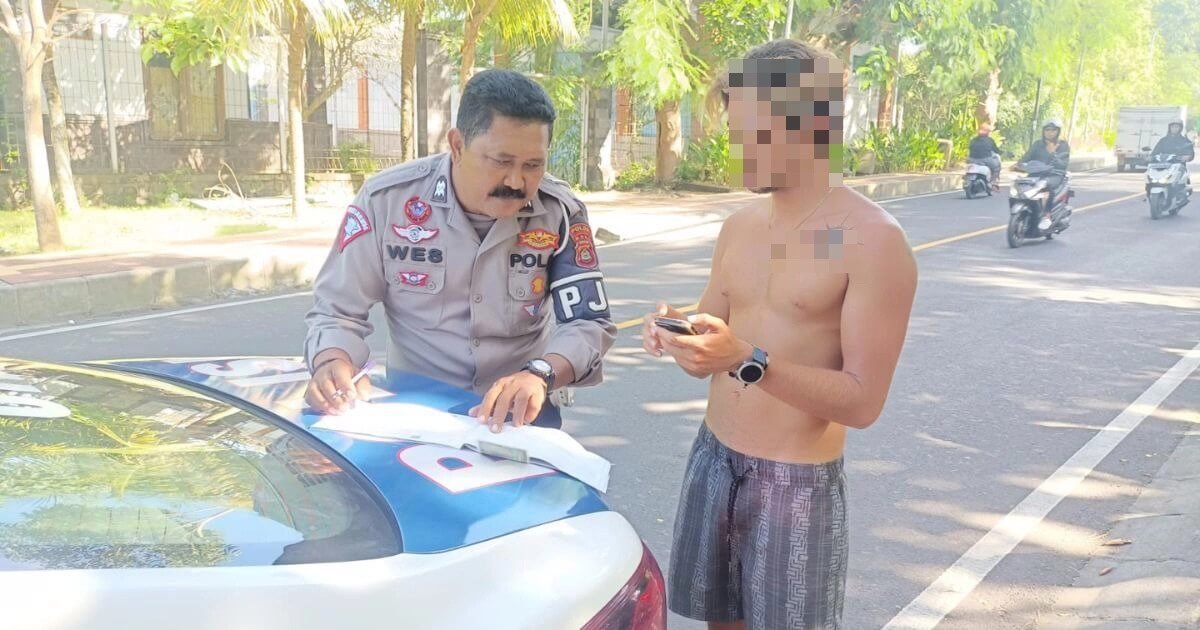Bali Airport Screening For Monkeypox And Nipah Virus Threats
Simple precautions in transit can protect travelers to Bali
Hot Topic: Our guide to Bali visas
Table of Contents Show
Are you worried about your upcoming trip to Bali due to the rising health threats of Monkeypox and Nipah virus?
Recent concerns have compelled Ngurah Rai Airport in Bali to ramp up their screening process, aimed at these high-risk diseases.
By reading this blog, you'll learn about the crux of these viruses, precautions being taken by local authorities, and measures you can take for a safe travel.
Key Takeaways
Ngurah Rai Airport in Bali has implemented enhanced screening measures to combat any possible Monkeypox and Nipah virus threats.
Thermal imaging cameras are used to identify travelers with elevated temperatures, potentially indicating illness.
These measures have led to increased waiting times for tourists but aim to prevent the spread of these diseases.
Travelers can protect themselves by staying informed, practicing good hygiene, avoiding contact with sick individuals, and following airport guidelines.
Bali's Response: Enhanced Airport Screening
Bali's Ngurah Rai Airport has leveled up its security measures in light of the monkeypox outbreak in Jakarta. Enhanced screening measures are now a part of the arrival and departure process for both international and domestic passengers.
Bali officials are also being cautious in relation to the Nipah virus, following a recent deadly outbreak in Kerala, India.
What is the Nipah virus?
The Nipah virus is a zoonotic virus spread primarily by fruit bats, which results in a severe and often fatal infection in humans. Due to its high fatality rate and the absence of an established cure or preventative vaccine, it represents a major health risk that is closely monitored by medical authorities.
What is Monkeypox?
Monkeypox, also known as "mpox," is a viral infection that manifests through distinct symptoms including fever, swollen lymph nodes, and a distinctive painful rash. Recovery is common among most patients; however, the World Health Organization has identified cases where the infection can escalate to more serious health complications. Transmission of monkeypox occurs upon direct contact with the infectious sores, bodily fluids, or scabs of an infected person.
What Bali is doing to protect travelers and residents
Thermal imaging cameras have become essential tools, identifying those exhibiting elevated temperatures - potentially signposting an unhealthy traveler.
This enhancement extends not only to passengers but also airline crews. Bali is taking no chances with health concerns, particularly given the threats posed by Monkeypox and Nipah Virus.
The Balinese authorities aren't just stopping at advanced tech either; they've assembled a team of adept specialists ready to act swiftly should any potential signs of these viruses surface at their checkpoints.
How Travelers Can Protect Themselves
Ensuring safety from Monkeypox and Nipah virus threats while traveling demands heightened precautions. Here are some steps travelers can adopt:
Stay informed: Keep track of health alerts on Monkeypox and the Nipah virus, especially if planning to visit Bali.
Practice good hygiene: Regular hand washing with soap can help ward off infections.
Avoid contact with sick individuals: Both these diseases transmit through physical contact with infected bodily fluids, scabs, or blisters.
Beware of animals: The Nipah virus is associated with bats and pigs, avoid exposure to them in affected regions.
Seek medical attention promptly: At the first sign of symptoms like painful rash, enlarged lymph nodes, or fever, seek medical help quickly. Early detection can drastically improve survival chances for Nipah virus victims.
Follow airport guidelines: Ngurah Rai Airport imposes thermal imaging screening for all passengers; cooperation ensures a safer travel environment for everyone.
Maintain safe food habits: Consumption of raw fruits or unpasteurized fruit juices should be avoided as they may be contaminated by infected bats.
Get insured: Always carry travel insurance that covers medical expenses including disease outbreaks like Monkeypox or Nipah virus. Check with your insurance provider to ensure they cover Monkeypox and Nipah virus
Conclusion: The Importance of Vigilance in Public Health
The ongoing effort to safeguard public health through Bali airport screening exemplifies active vigilance. The fight against Monkeypox and Nipah virus threats is critical for the safety of travelers and locals alike.
The measures taken by Ngurah Rai Airport underscore the importance of timely response in preventing disease spread. These initiatives highlight how a proactive stance can help ensure public health and safety amid global health concerns.















Discover everything you need to know about Bali's new tourism tax before your next visit to this tropical paradise.